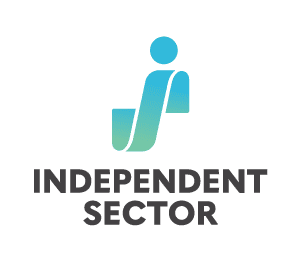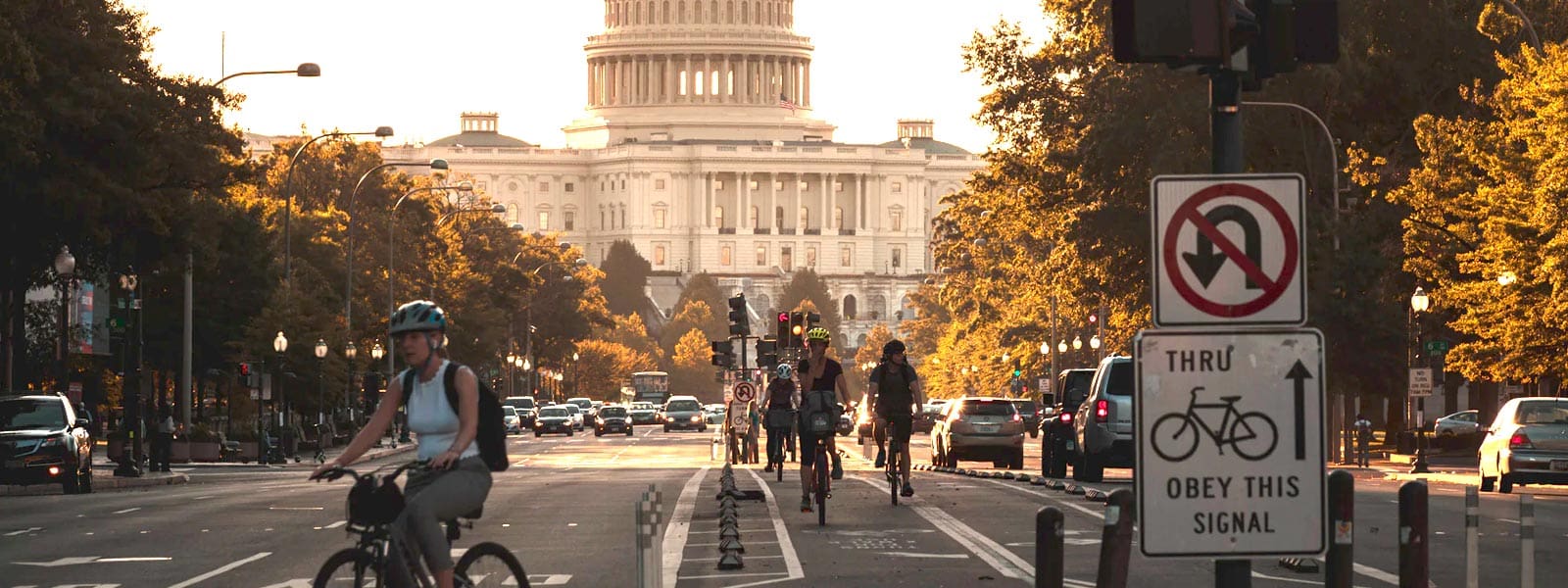Nonprofit Impact is a Matter of Fact Not Opinion
The second week of legislative negotiations for the next COVID-19 relief package are underway. Exclusion of the following priorities will impede the sector’s ability to collectively provide life-sustaining services for underserved communities, vulnerable populations, and front-line responders.
Nonprofit Issues at Stake
For years, nonprofits have reduced costs, eliminated staff, and discontinued benefits, while expanding fundraising, advocacy, and volunteer recruitment efforts. A recent survey of large and mid-sized nonprofits by Independent Sector determined that 71 percent of these organizations have been forced to decrease their services and have collectively reduced their number of employees by nearly half.
In 2019 Americans gave approximately $450 billion in charitable donations. Philanthropy supports 12.5 million jobs, $670 billion in wages, 5 percent of GDP, and tax revenues that extend for generations. Not only has the global health and economic crisis led to a decline in giving, it has revealed the consequences of dismantling such an essential safety net. These charitable contributions are essential to maintaining healthy and equitable communities and are vital to nonprofit organizations and local governments that depend on these resources to achieve their critical missions. Further incentivizing taxpayers—regardless of their income—equips the charitable nonprofit community with the resources needed to ensure that our country retains a strong and independent civil society by providing vital services to families, workers, and individuals. Imposing limitations on charitable giving has dire consequences and risks the flexible revenue that donations provide to diverse, worthy causes such as healthcare programs, STEM initiatives, civic engagement, civil rights, educational opportunity, clean energy, and more.
The Paycheck Protection Program (PPP) has protected over 4 million nonprofit jobs amidst the ongoing pandemic. Nonprofits that employ more than 500 people include some of the highest impact organizations across the nation, yet these organizations are consigned to a separate program that provides inadequate assistance. Loan provisions in the previous relief package implemented significant barriers that limited accessibility for smaller nonprofit organizations and excluded many mid-size and larger organizations entirely. Many of these recipients have exhausted most of their financial assistance and now face challenges of lost revenue, disrupted operations, and surging demand. To resolve this issue, Congress must amend the mandatory minimum requirement and appropriate a second round of emergency funding to ensure this lifeline is both inclusive and accessible to nonprofits nationwide.
The COVID-19 pandemic has endangered the accessibility of the 2020 elections and census for constituents nationwide. By law, everyone who is eligible is entitled to participate in fair elections and accurate census process. As a trusted partner to government and constituents, nonprofits serve as a reliable and impartial source to help civic participants understand the substantial impact that the elections and census processes have on the nonprofit sector and the lives of those we serve. Not only does the census serve as a national accounting to assess demographic changes and population growth, it’s also used as a tool in nonprofit decision making, federal and state appropriations, proportional political representation, redistricting procedures, Congressional apportionment, emergency response, and more. Those who are eligible to participate should be guaranteed their right to be equally represented through the apportionment and redistricting processes that follow.
The pandemic will continue to have a disproportionate impact on civic participation in underserved communities. An immediate infusion of emergency funding must be appropriated to seamlessly implement safe practices that guarantee full access to participation for elderly constituents, people with disabilities, people of color, younger citizens, and residents from distressed or marginalized communities. Congress must act swiftly to ensure that the constitutional right of fair and equal participation is not infringed upon.
The digital divide is an equity issue that exacerbates disparities in rural and urban areas alike. Communities served by the nonprofit sector have become increasingly dependent on reliable internet access to fulfill school and workforce requirements, telemedicine needs, job searches, unemployment resources, public health tools, religious assemblies, and cultural programs. The debate on whether internet access is a luxury or an essential component for survival is over. Broadband deployment must be prioritized in forthcoming legislation to ensure that households in all communities can fully participate in essential services.
Collective Nonprofit Advocacy Is Needed Now More than Ever
During such unprecedented times, Congress can and must do more to protect the participatory democracy that has been integral to nonprofit success by ensuring that charitable organizations have the resources needed to achieve their missions and support their workforces. Immediate action is required to ensure that no nonprofit is left behind.
Now is the time to get Informed, engaged, and motivated. Visit Independent Sector’s website to access our issue advocacy toolkits and use the Public Policy Action Center to submit a letter to the members of your Congressional delegation to urge the inclusion of the enclosed provisions in the latest relief package. Share these important advocacy resources with your personal and professional networks today.



